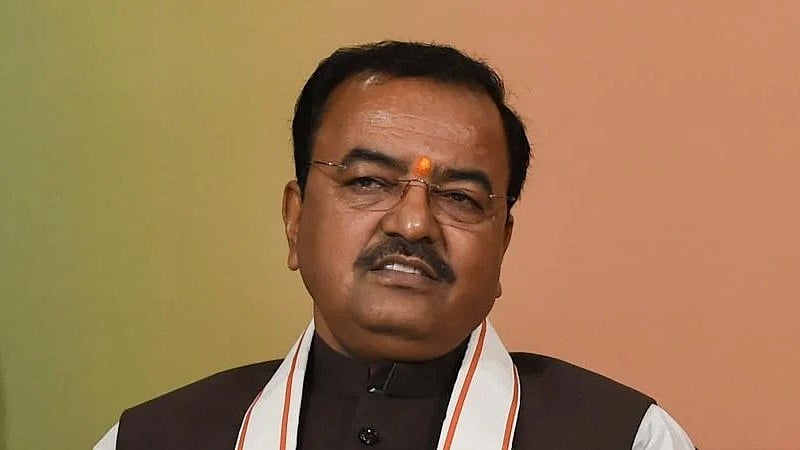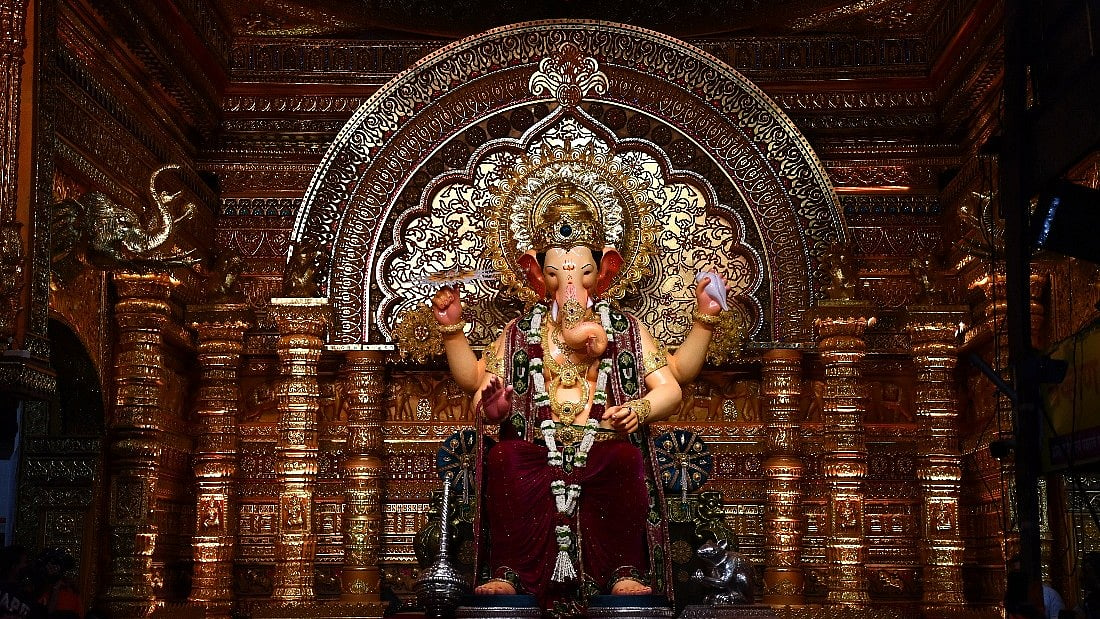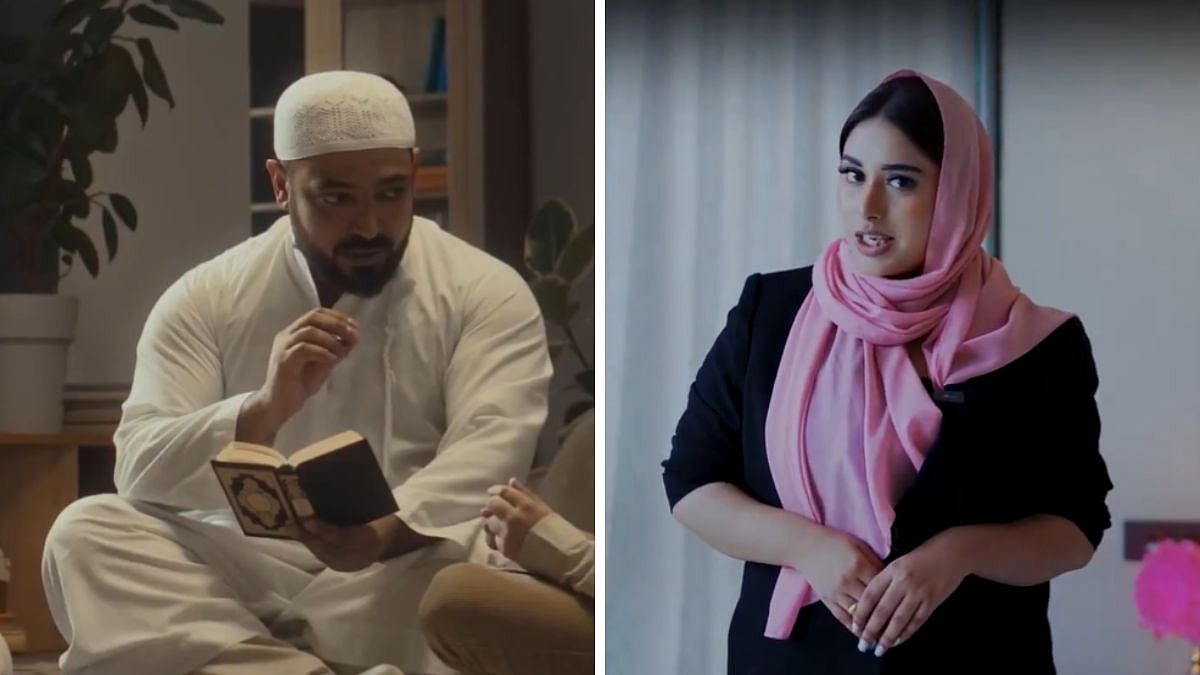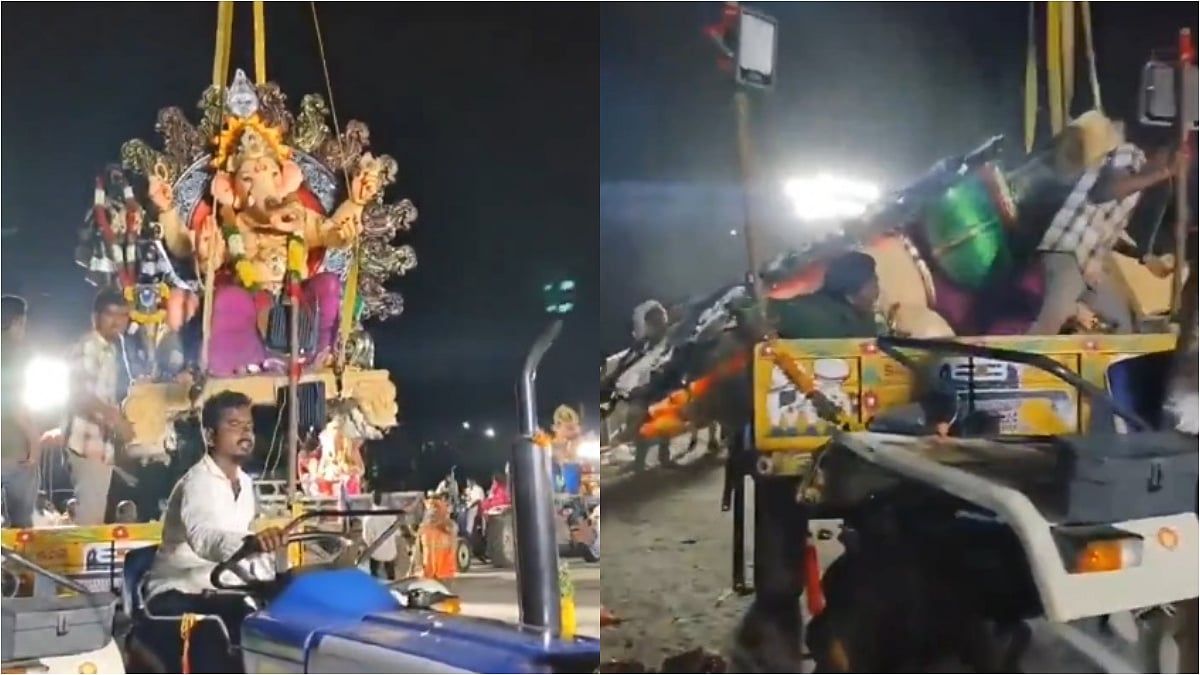Vivek Agnihotri’s The Bengal Files, the third film in his much-discussed Files Trilogy after The Tashkent Files and The Kashmir Files, hit theatres today, September 5. Running for three and a half hours, the film takes on the chilling events of the 1946 massacre of Hindus in Kolkata, blending Agnihotri’s signature style of heavy research with an emotionally charged narrative.
As expected, the filmmaker has been praised for his detailed investigative approach. While the movie doesn’t hold back in showing the brutality of bloodshed, it’s the deeply emotional moments that leave the most lasting impact on viewers.
One of the most debated aspects of the film is its portrayal of Mahatma Gandhi. Known worldwide as the apostle of non-violence, Gandhi is shown here in a controversial light. In a particularly disturbing scene, when the character Gopal Patha, played by actor Sourav Das, meets Mahatma Gandhi, portrayed by Anupam Kher, during the massacre of Hindus by Muslims after the Direct Action Day call given by the Muslim League, Patha asks Gandhi how Hindu women should protect themselves from being attacked.
In response, Gandhi says, "Kisi bhi mahila ke ek bhi baal ko hath lagata hai, toh use atmahatya kar leni chihiye. Aur wo aisa apni jeebh ko jor se kaat kar ya saans rokkar apne prano ko tyag sakti hai. Wahi asli saahas hai.(If anyone touches even a single hair of any woman, she should commit suicide. And she can sacrifice her life by biting her tongue hard or by holding her breath. That is true courage.)"
The film's claims aren't entirely new. Earlier this year, on 30th July, director Vivek Agnihotri himself posted on social media, "Did you know? When Hindu women were being abducted and raped in Noakhali, Gandhi's advice was: 'Learn how to die.' No justice. No resistance. Just silence and sacrifice."
The post included a graphic claiming to quote a Gandhi speech, "Women must learn how to die before a hair of their head could be injured." Similar claims have circulated on social media, with some citing the book Freedom at Midnight by Dominique Lapierre and Larry Collins, alleging that Gandhi advised women to "cooperate with Muslim rapists" and to "bite their tongue and hold their breath until they die."
What Gandhi Actually Said
However, when we examine Gandhi's actual documented views on sexual violence, a rather different picture emerges. According to mkgandhi.org, a website maintained by Gandhian institutions including the Bhartiya Sarvodya Mandal and Gandhi Research Foundation, Gandhi's stance was quite the opposite of passive submission.
In his own words from 1940, Gandhi stated, "I have always held that it is physically impossible to violate a woman against her will. The outrage takes place only when she gives way to fear or does not realise her moral strength. If she cannot meet the assailant's physical might, her purity will give her the strength to die before he succeeds in violating her."
Furthermore, in 1942, Gandhi explicitly advocated for active resistance, "When a woman is assaulted she may not stoop to think in terms of himsa or ahimsa. Her primary duty is self-protection. She is at liberty to employ every method or means that come to her mind in order to defend her honour. God has given her nails and teeth. She must use them with all her strength and, if need be, die in the effort."

These documented statements paint Gandhi not as someone who advised committing suicide, but rather as an advocate for vigorous self-defence. He encouraged women to use "every method or means" available to them, including physical resistance with "nails and teeth." The emphasis was on fighting back with full strength, not on quietly accepting death.
The reference to death in Gandhi's actual statements appears to be about dying while fighting back heroically, rather than committing suicide to avoid assault.

While The Bengal Files may be praised for its research in depicting historical events, the portrayal of Gandhi's views on sexual violence appears to be at odds with his documented statements. Rather than advising passive submission or suicide, Gandhi's recorded words suggest he believed in active resistance and self-defence, even if it meant dying in the attempt to fight back.










